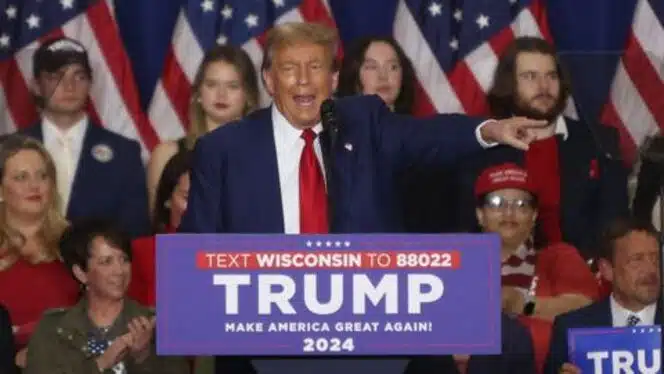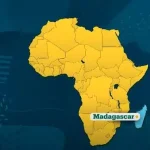In less than two weeks, the first-ever criminal trial of a US president will go place after Donald Trump’s late attempt to postpone the New York hush money case fails.
Former US President Donald Trump’s desperate attempt to postpone his hush money trial, which is set to start in New York on April 15, has been rejected by a New York court.
The former president’s plea was ruled to be untimely by New York State Supreme Court Justice Juan M. Merchan on Wednesday. The court noted that the president’s attorneys had “myriad opportunities” to bring up the immunity issue before they did so in a court filing on March 7.
In a six-page ruling, Merchan stated that the timing of the defense submission “raises real questions about the sincerity and actual purpose of the motion.”
The presumptive Republican nominee, Donald Trump, and his attorneys requested last month that the New York trial be postponed indefinitely until the outcome of their client’s immunity claim in their Washington, DC, election meddling lawsuit.
According to Trump, he is exempt from prosecution for actions he took while in office that are said to have involved official acts. His attorneys contend that certain evidence in the hush money case dates back to his administration and reflects official actions. Arguments are set to be heard by the Supreme Court on April 25.
Todd Blanche, Trump’s attorney, remained silent. Additionally, the Manhattan district attorney’s office chose not to respond.
The first of Trump’s four criminal trials that were supposed to go to a jury was postponed from March 25 to April 15. The case concerned hush money.
The core of the hush money case is the accusation that Trump fabricated internal company documents to conceal the exact nature of payments made to his former attorney, Michael Cohen, who assisted Trump in suppressing unfavorable press during his 2016 presidential campaign.
Cohen paid adult film actress Stormy Daniels $130,000, among other things, to stifle her claims that she had slept with Trump years prior.
Trump’s attorneys contend that part of the evidence Manhattan prosecutors intend to present during the hush money trial originates from his presidency and consists of official activities, such as comments he made about money paid to Cohen on social media in 2018.
In response to 34 felony counts of falsifying business documents, Trump entered a not guilty plea last year. He has denied ever having a physical relationship with Daniels, and his attorneys contend that the money he paid Cohen was just reasonable legal fees and not a part of any plot to conceal anything.
Not tested legally
Last year, a federal judge dismissed Trump’s attempt to transfer the case from state court to federal court, rejecting his argument that the charges in the hush money indictment entailed governmental duties.
If the matter had been transferred to a federal court, Trump’s attorneys may have attempted to have the accusations dropped on the basis that federal employees are immune from punishment for acts they take while doing their official duties.
There is no established legal precedent on whether a former president is shielded from federal prosecution for actions made while in office.
In any case, none of the acts that Trump is accused of taking in the indictment—which accuses him of scheming to rig the 2020 presidential election after losing to Democrat Joe Biden—count as official acts, according to the prosecutors in the Washington case. They further contend that there is no such immunity.
SOURCE: TRTWORLD






